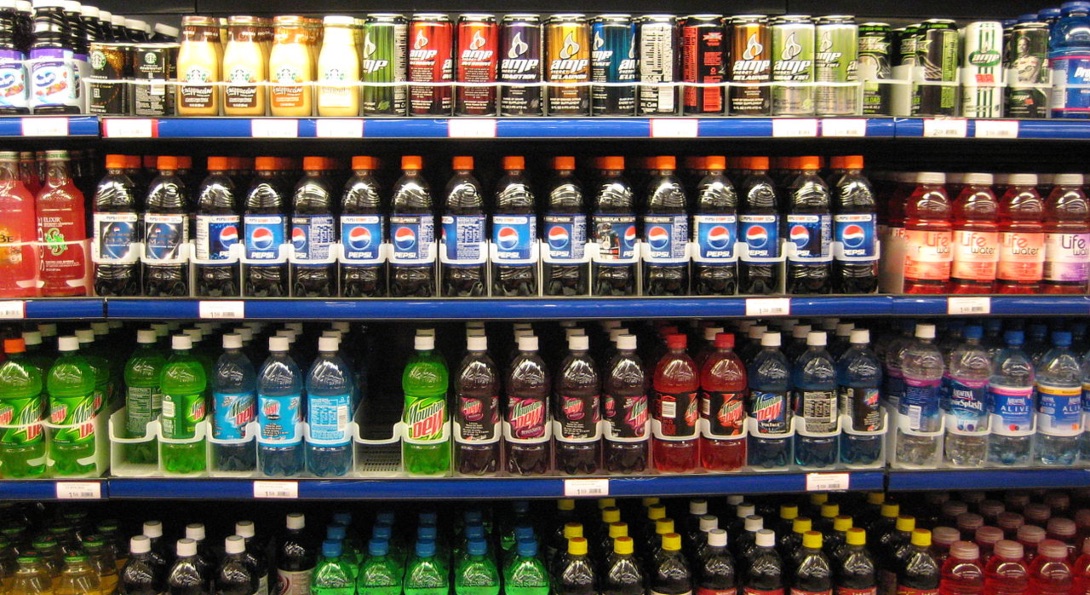A study of sweet and sugar

Story text Heading link

In spite of the repeal of Cook County’s Sweetened Beverage Tax, Dr. Lisa Powell leads an expansive, multi-year project studying the impact of the headline-grabbing tariffs.
As summer transitioned into autumn in the Chicago area, it was difficult to escape talk of the Cook County “pop tax.” The penny-per-ounce tax on sodas, energy drinks, sports drinks, flavored water and their liquid, sugar-infused brethren captured headlines and hot takes, criticism and commentary that, ultimately, proved so heated that Cook County leaders repealed the tax in October.
Prior to the rising discussion of the county’s conversational levy, Dr. Lisa Powell, distinguished professor and division director of health policy and administration at the University of Illinois at Chicago School of Public Health, received a $4.9 million grant from Bloomberg Philanthropies for a time-sensitive—and undoubtedly timely— study designed to evaluate the impact of sugar- sweetened beverage (SSB) taxes in Cook County, Illinois, and Oakland, California.
Using various data collection methods—individual- level surveys detailing consumption patterns; store audits; weekly, site-level Nielsen store scanner data; and employment data from the Bureau of Labor Statistics—Dr. Powell’s team aims to examine the effectiveness of SSB taxes as a fiscal policy instru- ment aimed at reducing SSB consumption and improving population health. The wide-ranging study will also examine how SSB taxes affect areas such as employment and cross-border shopping.
Dr. Powell, an SPH faculty member since 2003, discusses the controversial nature of SSB taxes and her continued work on the project, including its early pivot in the aftermath of Cook County’s repeal.
What sparked your interest in SSB taxes in the first place?
I have been researching the impact of prices on behaviors of individuals for some time to test the idea that policy tools that change prices can induce individuals to change their behaviors and, subsequently, yield potential health benefits. As obesity has become a growing public health issue and sugar-sweetened beverage consumption is linked to obesity and other significant health outcomes, it was natural to wonder how pricing might impact the consumption of sugar-sweetened beverages.
One of the primary reasons sugar-sweetened beverages generate so much focus is that they contribute more than 40 percent of added sugar in the American diet and they provide no nutritional value. With the introduction of taxes in various jurisdictions, this becomes a quasi-experiment to look at pre-and post-tax data including in comparison sites to assess the impact of these taxes on con- sumption and, more importantly, on sugar intake.